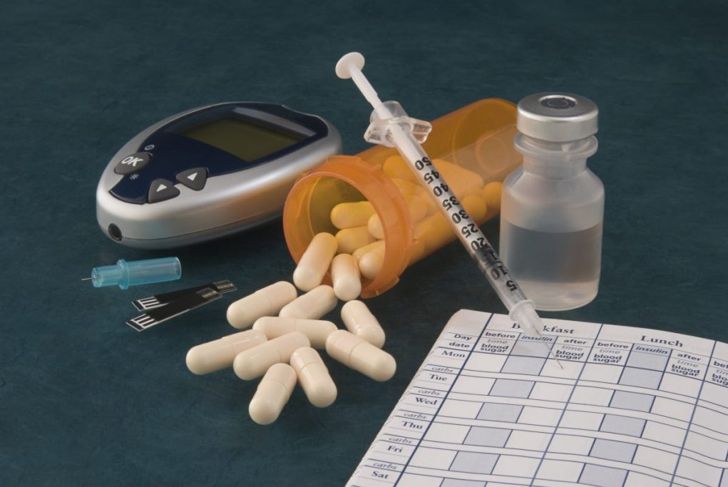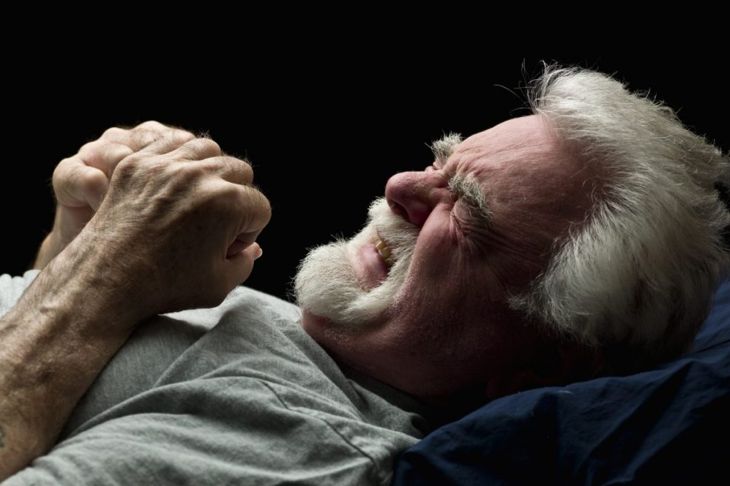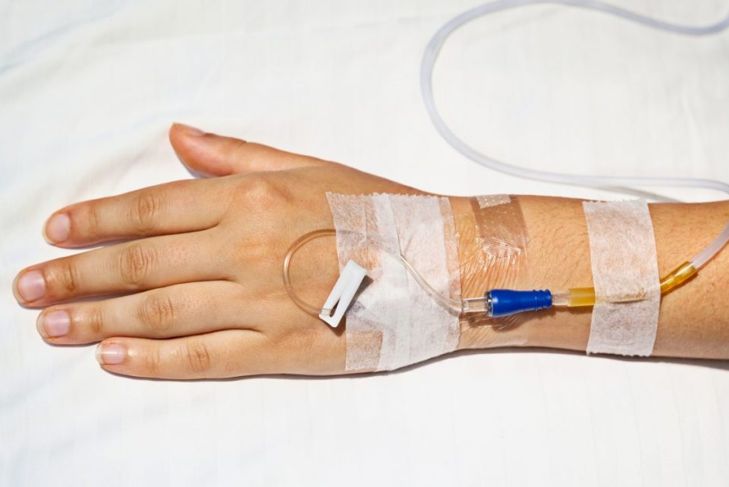Hypoglycemia is the medical term for a blood sugar (glucose) level that has dropped below normal. Glucose is the body’s main source of energy, and if it falls below 70 milligrams per deciliter (70mg/dL), a variety of symptoms and signs may occur. The onset can be rapid and recognizing the symptoms ensures prompt treatment and reduce the chance of serious consequences.
Causes Related to Diabetes
One of the most common causes of hypoglycemia is related to diabetic medications. Diabetes results in abnormally high blood glucose unless people receive treatment. Drugs used to treat diabetes help reduce blood glucose levels, but this can lead to hypoglycemia, especially if the person does not eat enough food after taking their medication or misses a meal. Unusual or unplanned amounts of exercise or excessive alcohol may also cause hypoglycemia in people with diabetes.
Causes Unrelated to Diabetes
Significant hypoglycemia in people without diabetes is less common. Drinking excessive alcohol without eating can result in low blood glucose because the liver does not release enough stored glucose to keep blood levels normal. Excessive fasting and anorexia may cause hypoglycemia if the disease causes depleted stores of the substances needed to generate glucose. Certain types of weight-loss surgery are associated with episodes of hypoglycemia. Rarer medical conditions that may cause hypoglycemia include Addison’s disease (adrenal insufficiency), pituitary tumors, and non-cancerous tumors of the pancreas (insulinomas). Severe kidney, heart, and liver failure and sepsis can alter the control of glucose and cause hypoglycemia.
Early Symptoms
Early and late symptoms of hypoglycemia develop when falling blood glucose triggers a rise in epinephrine (adrenaline), directly affecting the brain. The early symptoms, including sweating, pallor, and hunger, may start when the blood glucose is marginally low and come on quickly. Symptoms vary, and those with diabetes may not always experience these early signs because their bodies become resistant to the more minor effects of low blood glucose.
Symptoms: Palpitations and Tremor
A fast heartbeat (palpitations) is due to high levels of epinephrine triggered by falling blood glucose. Shaking or tremors and anxiety can also develop. For those with long-standing diabetes, these symptoms may also be absent, which can lead to a delay in recognition of the issue and delay treatment.
Symptoms: Dizziness, Confusion, and Aggression
Significant consequences of the brain being exposed to low blood glucose can occur at or below 40mg/dL (2.2mmol/L). Sometimes, the person with low blood glucose is unaware that their behavior has changed, and it is those around them that notice their confusion. Abnormal actions can be mistaken for drunkenness, but bystanders should consider hypoglycemia when aggression is unexpected or inappropriate.
Symptoms: Visual Disturbances
Low blood glucose affects the visual pathways in the brain, causing flashing lights and blurred vision. This can be an early sign in someone with long-standing diabetes. Sight usually returns to normal as soon as the blood glucose levels regulate, with no long-term problems.
Symptoms: Seizures
This is a late sign in most instances and indicates critically low blood glucose. Seizures can occur during sleep in people with diabetes; the person may cry out, and their partner may notice the event while the affected individual remains unaware. Seizures generally indicate a need for improved diabetic control, and those who experience them should seek medical advice.
Symptoms: Collapse
This may happen when the blood glucose falls to critically low levels. In people with long-standing diabetes, there may be no warning of impending collapse, as they may not have experienced any of the other earlier symptoms. If the collapsed person is semi-conscious or unresponsive, they require urgent medical attention. When correct treatment is provided promptly, there are usually no long-term problems.
Treatment: First Aid and Medical Management
Hypoglycemia will persist without treatment. For a person with diabetes, if the blood glucose is slightly low, they may only experience sweating, hunger, or tremors. In these cases, they should consume 15 to 20 grams of fast-acting carbohydrate, such as glucose tablets or gels, non-diet soft drinks, or sugary sweets. They should then check their blood glucose and repeat the snack if it is still low. If the person does not have diabetes, the same foods can be given, but the exact amount is less important. If the blood glucose is significantly low, confusion or aggression may make it difficult for a person to orally consume carbohydrates. A semi-conscious or unresponsive person should never be given anything to eat or drink. In these situations, medical attention is vital. The doctor will likely administer intravenous glucose.
Prevention: Knowledge and Awareness
Hypoglycemia in people who do not have diabetes is usually simple to identify and easy to treat. When it is related to diabetes, it can progress and cause serious, sometimes life-threatening problems. Good diabetic control is the mainstay of prevention. Knowledge of the symptoms and signs of hypoglycemia will help ensure early detection. A person with diabetes and their family and friends need a good understanding to ensure appropriate management at the earliest opportunity.

 Home
Home Health
Health Diet & Nutrition
Diet & Nutrition Living Well
Living Well More
More




















